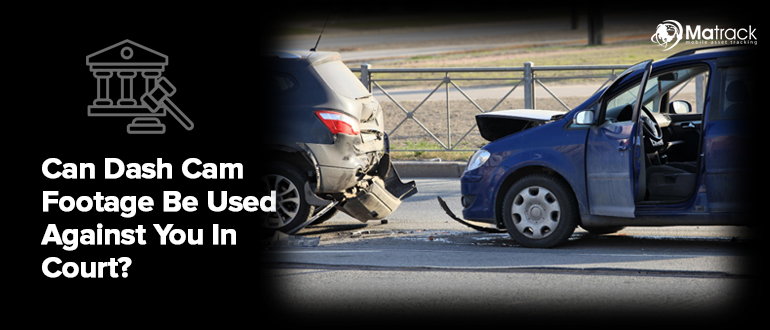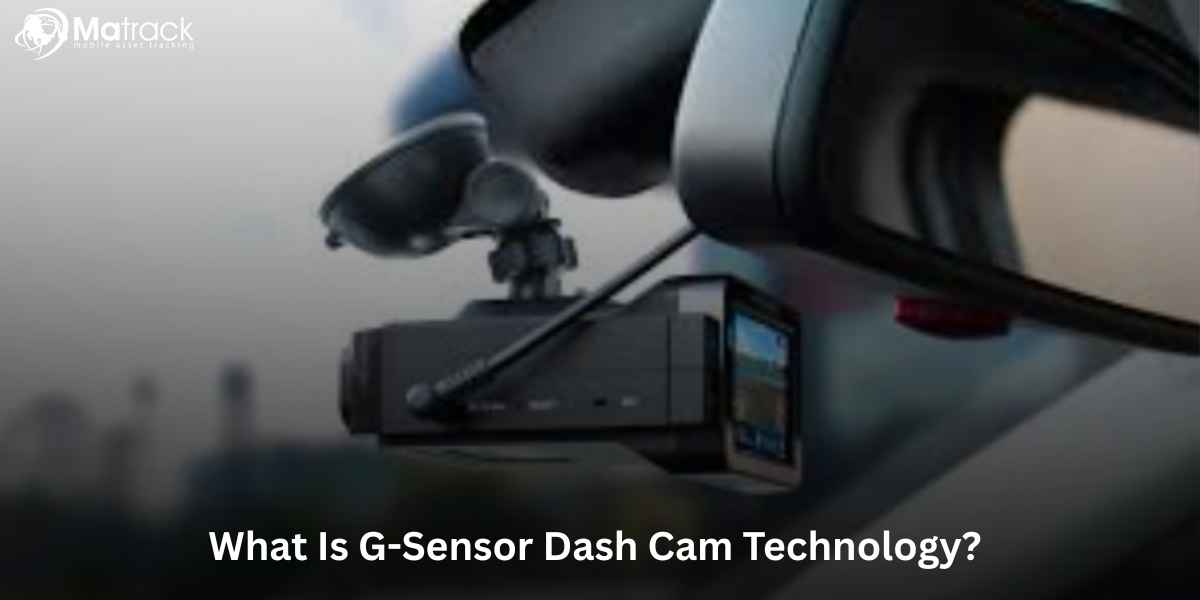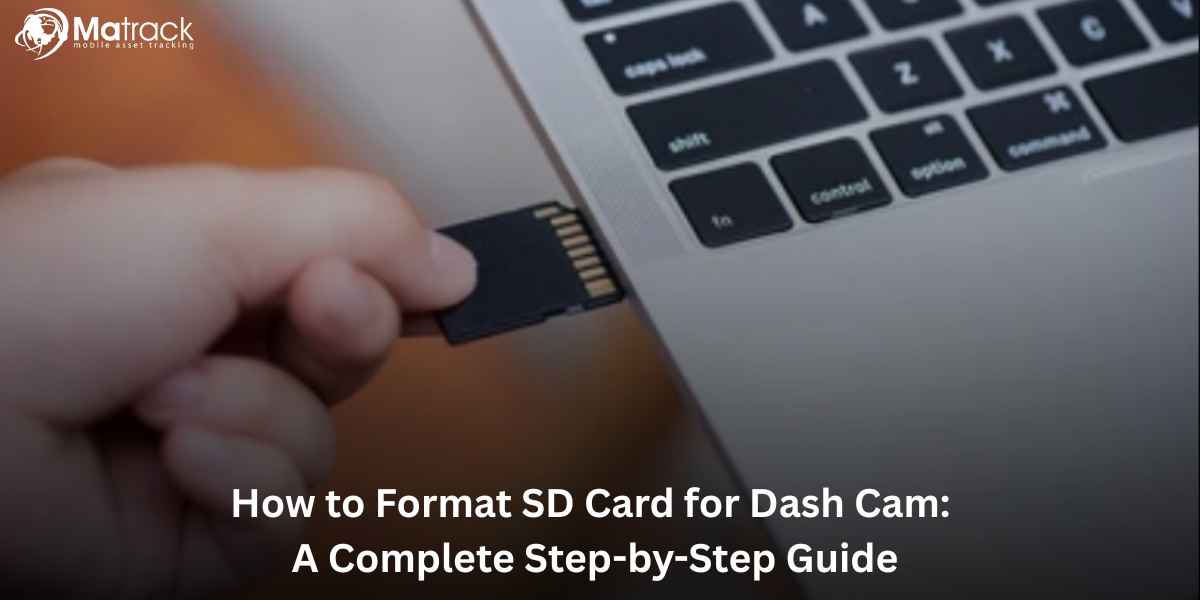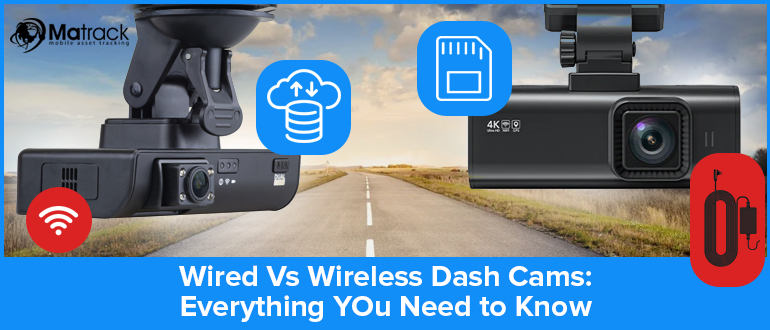Key Takeaways:
- Dash cam footage can be used in court to prove or disprove traffic violations, accidents, and criminal cases.
- If your footage shows you breaking the law or causing an accident, it can be used against you.
- Law enforcement and insurance companies can request, subpoena, or use your footage to determine fault and liability.
- Always review, store, and handle your footage carefully to avoid legal risks and protect your rights.
How Dash Cam Footage Is Used in Court
Dash cam footage serves as video evidence that can either support or undermine a driver’s claims. Courts often consider it strong evidence because it provides an objective record of events. Footage can be used in multiple legal contexts, including:
- Traffic Violations – Speeding, reckless driving, running red lights
- Accident Liability – Determining fault in collisions
- Insurance Fraud – Exposing staged accidents
- Criminal Cases – DUI, hit-and-runs, or road rage incidents
If your dash cam captures incriminating footage, it can and will be used against you if legally admissible.
Also check: Are Dash Cams Legal?
When Dash Cam Footage Can Be Used Against You
Dash cam recordings are not always in your favor. If the footage shows you breaking a law, being at fault in an accident, or engaging in reckless behavior, it can work against you. Here are specific scenarios where your own dash cam footage could lead to legal trouble:
Proving Fault in an Accident
If your footage shows you running a stop sign, speeding, or rear-ending another vehicle, it provides clear proof of liability. Insurance companies and law enforcement can use this evidence to assign fault.
Traffic Violations & Reckless Driving
A dash cam recording showing excessive speeding, illegal lane changes, or ignoring traffic signals can be used as direct evidence in a traffic court case. This could result in fines, license points, or increased insurance premiums.
DUI and Criminal Offenses
If your dash cam records erratic driving, slurred speech, or other signs of intoxication, it can be subpoenaed in a DUI case. Similarly, footage showing you fleeing an accident scene or engaging in road rage incidents can be used in criminal proceedings.
Self-Incrimination in Civil Lawsuits
If you are sued for damages or personal injury, your footage can be requested as evidence of negligence. If the video contradicts your claim or statement, it can weaken your defense and increase liability.
Legal Admissibility of Dash Cam Footage in Court
For dash cam footage to be used in court, it must meet legal standards for admissibility. This varies by jurisdiction, but key factors include:
Relevance and Authenticity
The footage must be relevant to the case and accurately represent the events. Courts may require time stamps, GPS data, and unedited footage to verify authenticity.
Chain of Custody
If footage is submitted as evidence, it must be properly stored and maintained without tampering. Altered or edited footage may be inadmissible.
Privacy and Consent Laws
Some regions have strict privacy laws regarding video recordings. If your dash cam captures footage of private property or individuals without consent, it might be inadmissible under privacy laws.
State-Specific Laws on Recording
Laws regarding video and audio recording vary:
- One-Party Consent States – You can record conversations without informing others.
- Two-Party Consent States – Everyone in the recording must consent to being recorded.
If your dash cam records audio conversations inside the car, it might violate wiretapping laws, making the evidence unusable.
Can Law Enforcement or Insurance Companies Access Your Dash Cam Footage?
Dash cam footage can be requested, subpoenaed, or voluntarily submitted to authorities or insurance providers. Here’s how different parties can access your footage:
Police and Law Enforcement
- Voluntary Submission – If you provide the footage, police can use it as evidence.
- Subpoena or Warrant – If the footage is crucial to a case, law enforcement can obtain a court order to seize it.
- Traffic Stops & Investigations – If an officer sees a dash cam, they might ask to review the footage, but you are not legally required to comply unless there’s a warrant.
Insurance Companies
Insurance companies may request dash cam footage to determine fault and liability in an accident. However, submitting footage can be risky if it shows you were at fault. If you voluntarily provide footage, it can impact claim settlements or lead to a denial of your claim.
How to Protect Yourself When Using a Dash Cam
To avoid legal risks and maximize protection, follow these best practices:
Review Your Footage Before Submitting It
Always watch the footage before giving it to police, insurers, or other parties. If it incriminates you, consider legal options before sharing.
Store Footage Securely
Keep backup copies of important footage. Store videos on cloud services or encrypted drives to prevent unauthorized access.
Be Mindful of Recording Laws
Ensure your dash cam does not violate privacy laws. If your dash cam records audio, disable it in states with two-party consent laws.
Know Your Rights
- You are not legally required to hand over footage to insurers or police without a warrant.
- If subpoenaed, consult a lawyer before submitting footage.
Should You Delete Dash Cam Footage?
Deleting dash cam footage can be risky, especially if it is relevant to an ongoing investigation. However, there are legal and practical considerations:
Routine Deletion vs. Evidence Tampering
Most dash cams overwrite old footage automatically when storage is full. However, intentionally deleting footage after an accident could be seen as evidence tampering, which is a crime in some cases.
When to Keep Your Footage
Keep footage if:
- It proves you were not at fault.
- It documents a fraudulent claim.
- It may be needed for legal disputes.
Conclusion
Dash cam footage can be a powerful tool in court, but it can also be used against you if it captures wrongdoing. Understanding the legal rules and handling your recordings carefully can help protect you from legal trouble.
Always check your footage before sharing it, follow privacy laws, and know your rights before handing it over. Being cautious with your dash cam can keep you safe on the road and in court.






